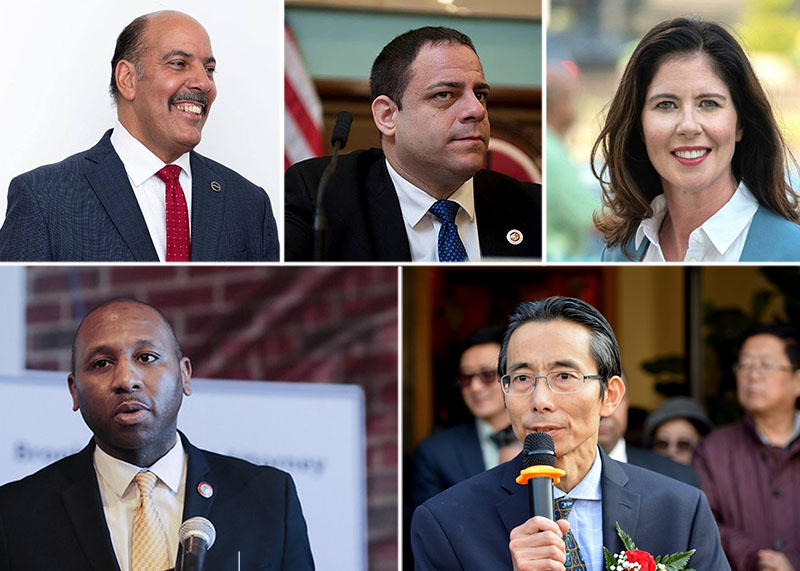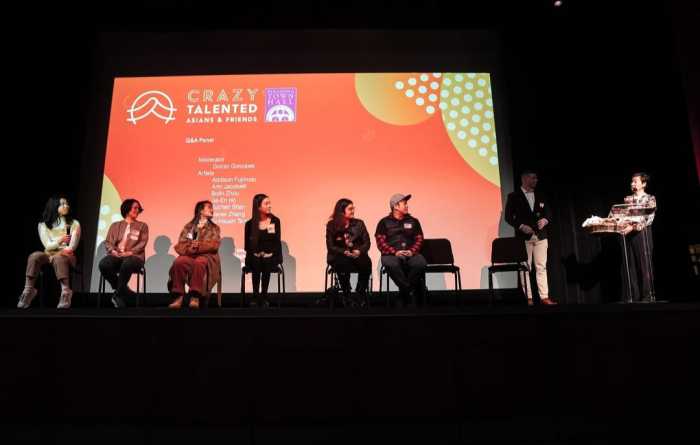The Queens Borough President virtual debate on Thursday night focused largely on the two top issues of the moment: police reform and the COVID-19 pandemic.
The five Democratic candidates on the primary ballot –– retired NYPD Sgt. Anthony Miranda, Councilmember Costa Constantinides, businessman Dao Yin, Councilmember Donovan Richards and former Councilmember Elizebeth Crowley –– fielded questions about how they would use the borough-wide office to address the demands of the current protests concerning police reform and how they would rebuild Queens, one of the boroughs hardest hit by the coronavirus pandemic. They also talked about the role of development in creating affordable housing.
The debate, hosted on Zoom by QNS and co-sponsored by Queens County Politics, took place just two nights before the start of early voting on Saturday, June 13.
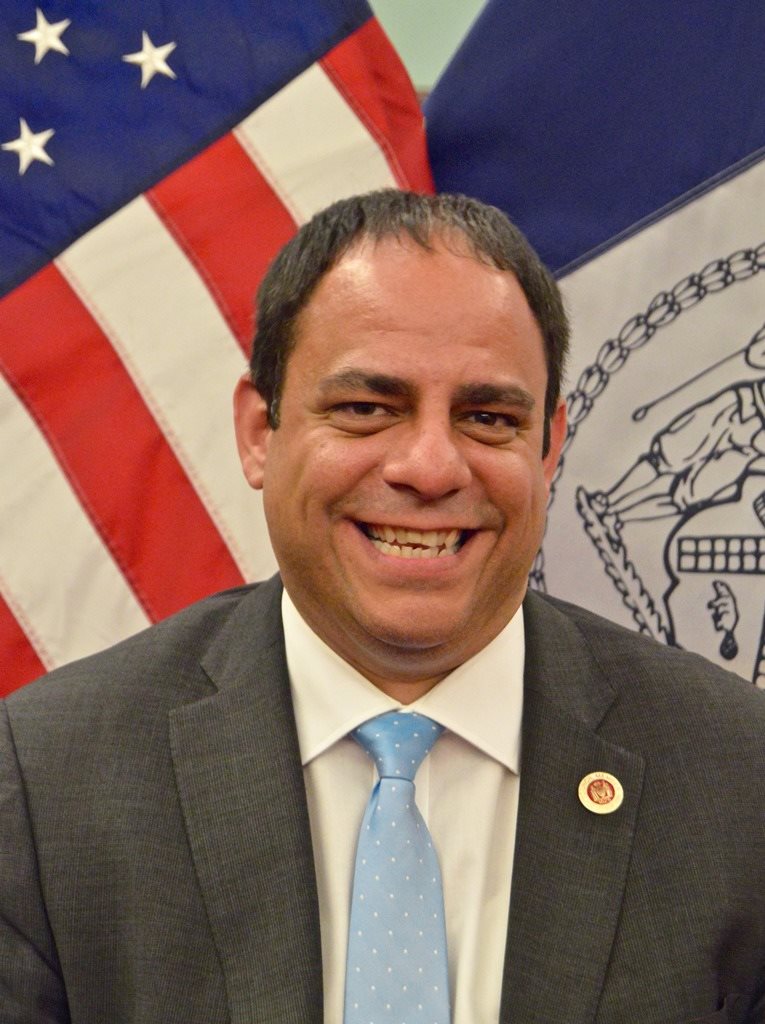
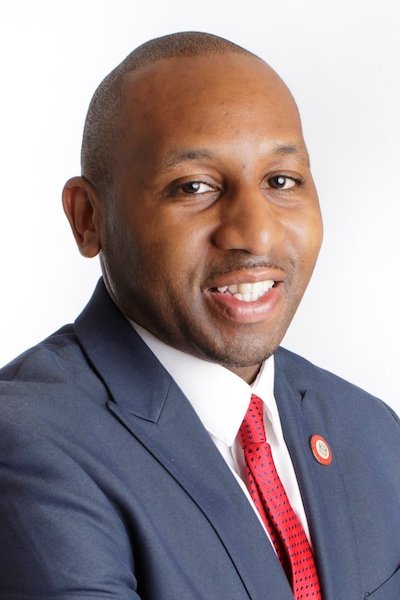
Of the five candidates, only Constantinides directly tied his agenda for police reform, development, and revitalizing Queens post-pandemic to the power of the office –– specifically its control over land use, the borough’s capital budget and its power as a pulpit to advocate for issues important to Queens residents.
“It’s not just about this budget, it’s about every budget that’s going to be subsequent as borough president,” Costantinides said about the borough president’s control over the capital budget and the role that has in police reform. “To make sure we’re upholding those ideals, of fighting to make sure that we are looking at this holistically and that we’re making sure our budget reflects our priorities and that we’re evaluating in the long term not just policing but how our policies work.”
Richards focused on his track record as a city councilmember and said that he was the only candidate that had real experience bringing a community back from disaster. He pointed to Far Rockaway, one of the neighborhoods in his district, and the success of the recovery efforts there after it was destroyed by Superstorm Sandy in 2012, including the building of 1,700 units of affordable housing, he said.
He also said that there needs to be work done on how police interact with residents in the city and pointed to his current effort to get a bill passed that would require the NYPD to develop what he called a “discipline matrix” which would designate standard disciplinary actions for police misconduct and abuse.
“It’s really about reimagining the police department and what policing looks like specifically in the 21st century,” he said.
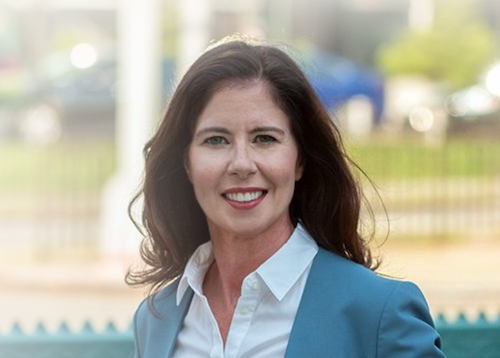
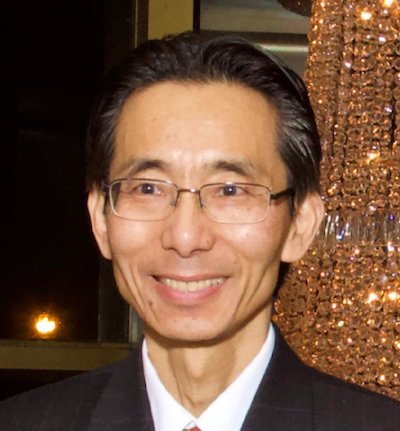
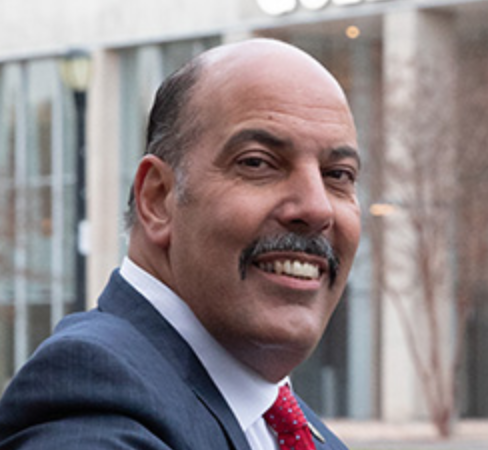
Crowley, on the other hand, said that the emphasis for police reform should be on training and emphasizing de-escalation. She said that the department needs to attract and train the right people which is why she supports having a new class of cadets at the police academy, something many have called to be canceled as a way to cut the budget of the NYPD.
“Every time we get a new class we have a more diverse department,” she said.
She also focused on what she called the lack of investment in the borough’s infrastructure for why Queens was hit so hard by the COVID-19 pandemic. She said that the trains are overcrowded, apartments have multiple families living in them because of the lack of affordable housing, and that local hospitals have too few beds and ambulances stretched thin resulting in long response times.
“We’ve had generations of lack of investment in our infrastructure,” said Crowley. “It’s no coincidence that we were the center, hardest hit by the COVID crisis. And COVID has made our problems even worse.”
Miranda, a retired member of the NYPD who has never held public office, played up the fact that he is not a politician. He said if he were elected he’d make the changes he and others in the community have been requesting for years. He said he would make sure that he was at the table with the decision-makers to advocate for Queens residents and to make sure that lawmakers follow through on their promises.
“Politicians have failed to get the changes that we’ve been asking for all along from the response to COVID-19, to unemployment, to small businesses closing in record numbers to affordable housing, to the changes that we’ve asked for in the New York City Police Department,” he said.
He also said that luxury development efforts in the borough need to end and that there needs to be development that focuses on the needs of the community. He said he’d focus his efforts on building affordable housing and housing for homeless people as well as building out the overcrowded schools.
As the only Asian-American in the race, Yin said that the COVID-19 pandemic hit him particularly hard because it revealed how alive and well racism towards Asian communities in New York City is. He said that the city and borough response to the pandemic showed where the weaknesses were in the system. One way to better prepare the borough for a second wave of COVID-19 or another pandemic would be to strengthen the healthcare system. To do that he said he would advocate for the money that’s been set aside to build new community jails to be put towards building out the public healthcare system instead.
Yin was the only candidate to not criticize the NYPD and instead lauded them for their response during the recent protests and for their work in general.
“I’m the only candidate focusing on public safety,” he said pointing out that in the first week of June alone there were 13 murders in the city compared to five in the same time period last year. “I’m the only candidate truly supporting our men and women in blue. We must keep our residents safe.”


